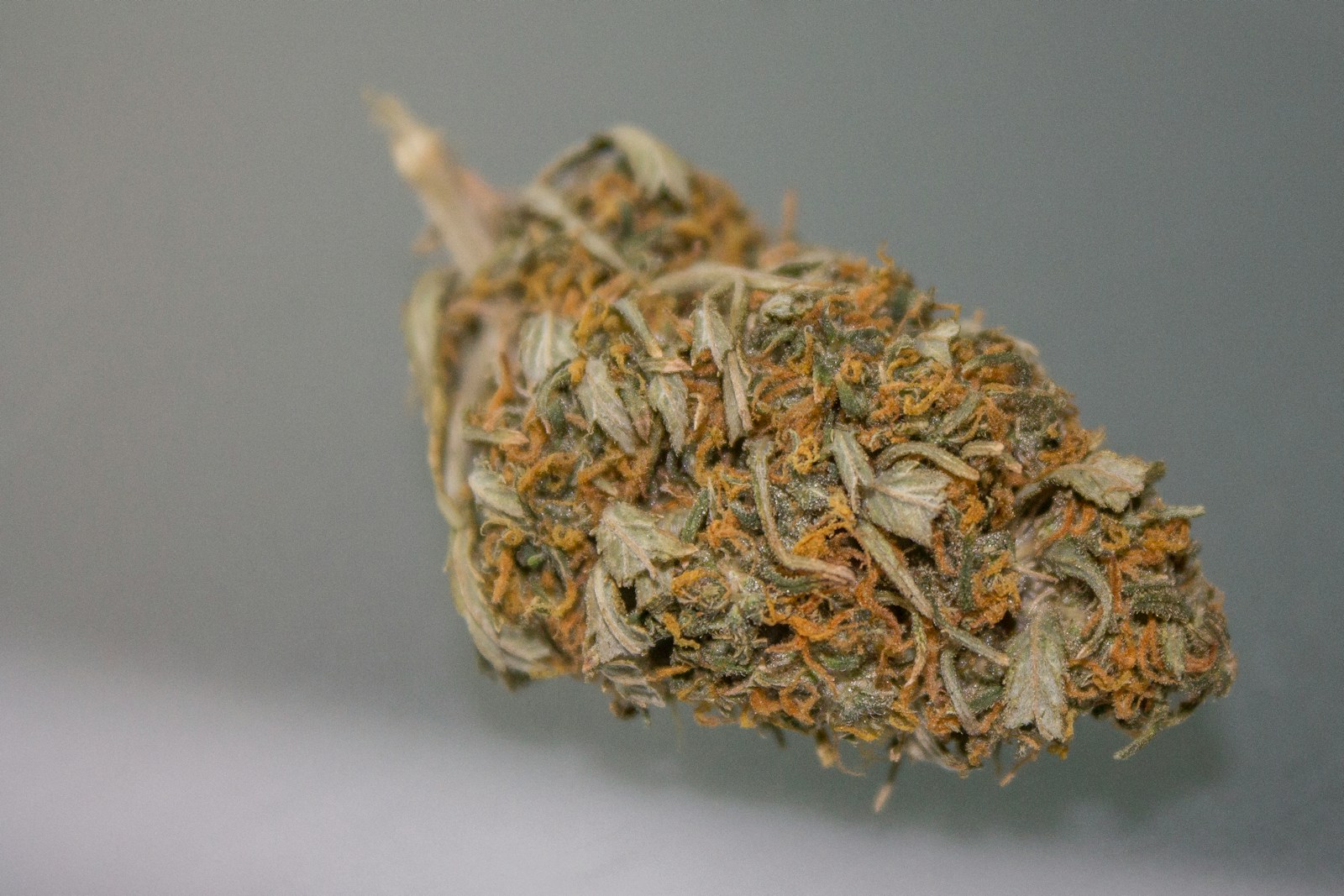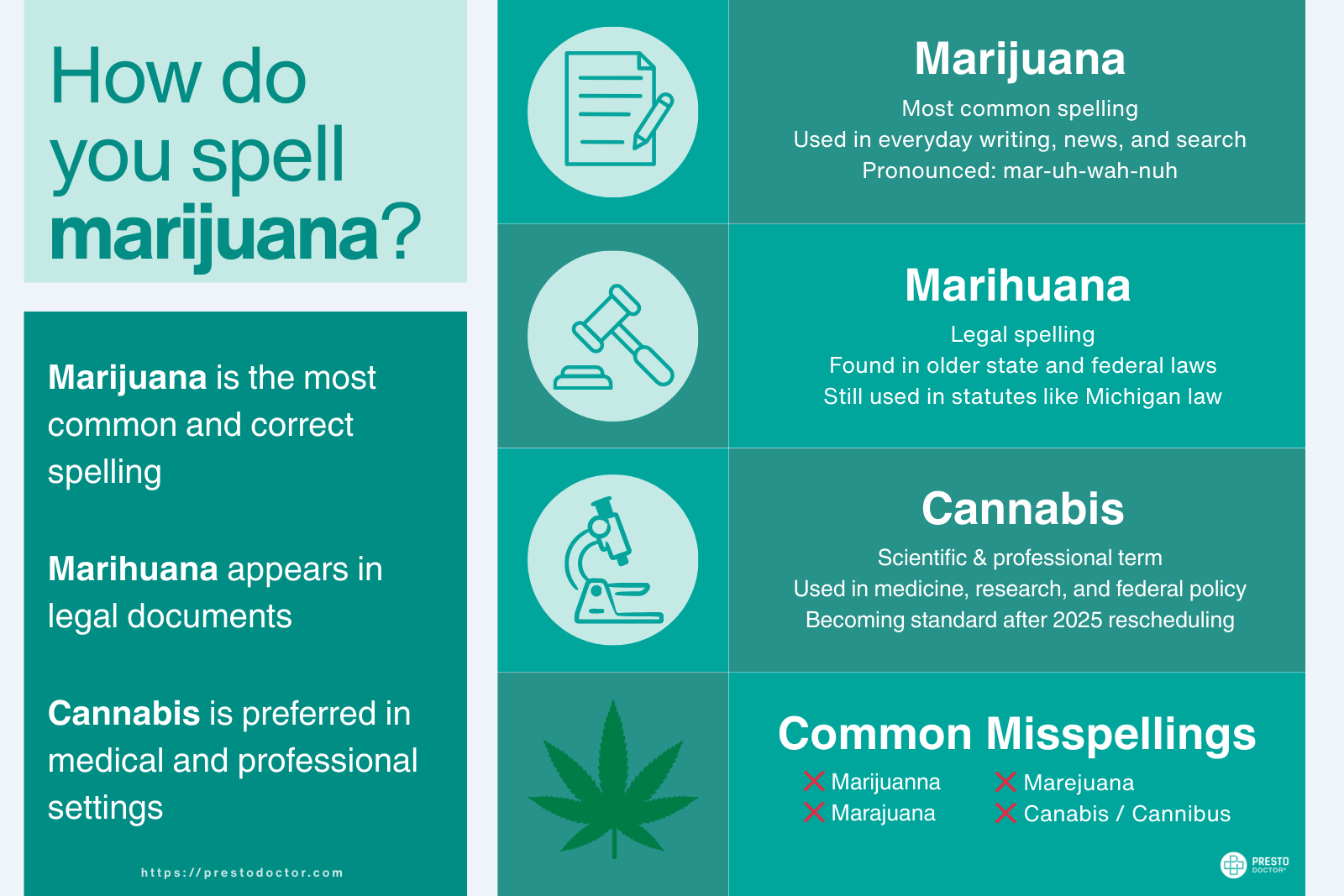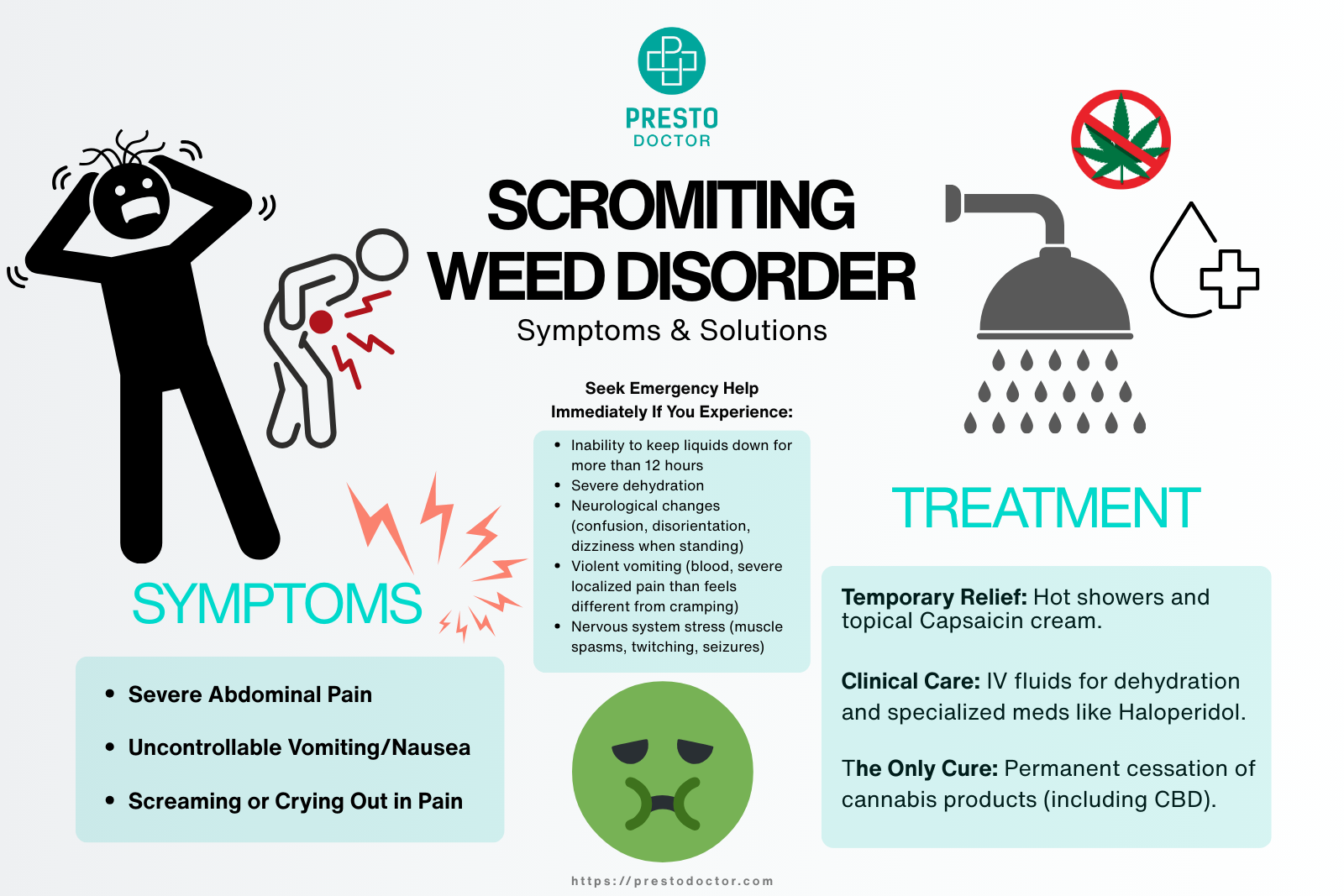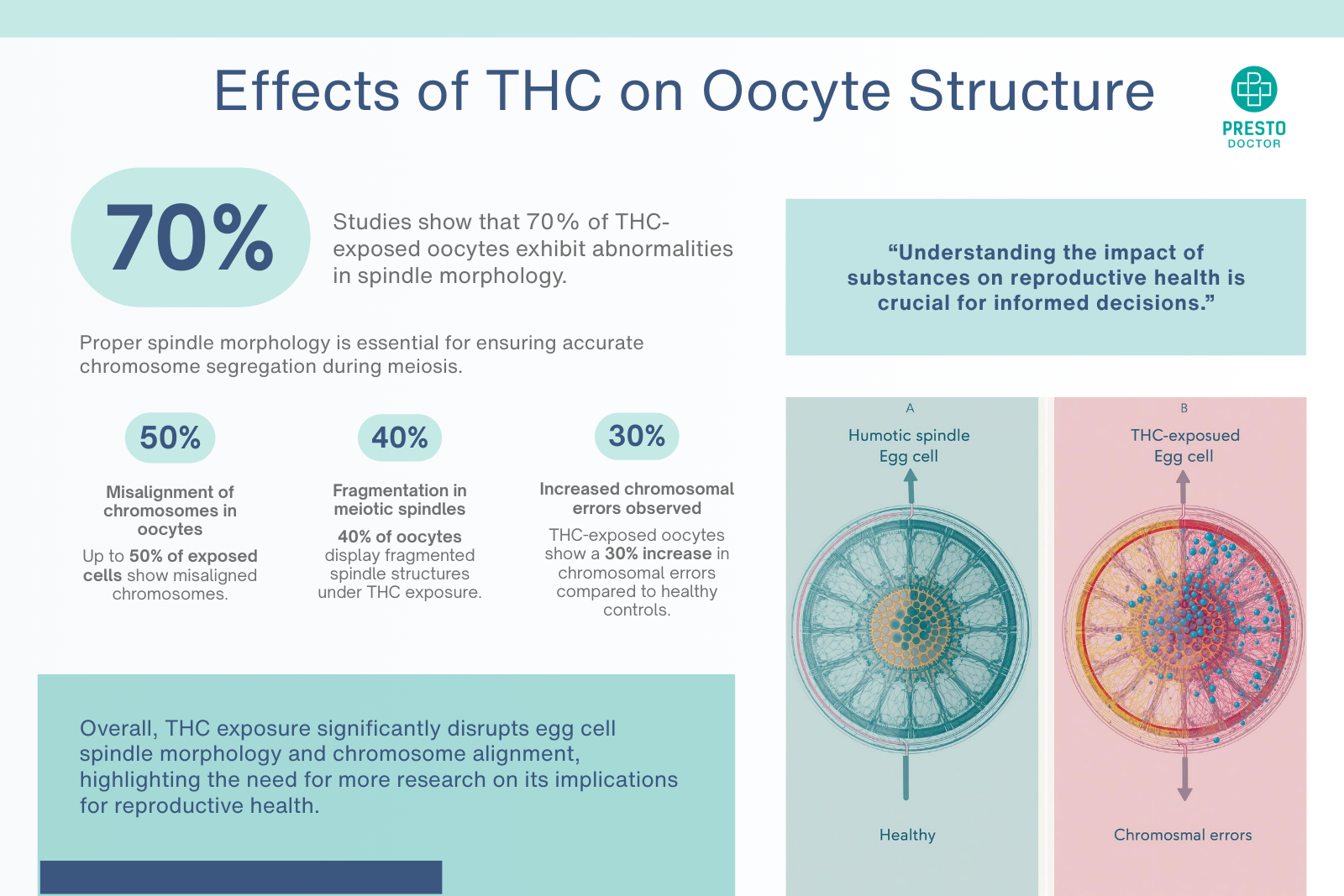
Research into cannabis and brain aging, particularly THC (tetrahydrocannabinol), has shown promising potential in reversing age-related cognitive decline and enhancing memory function. While cannabis is often associated with memory impairments in young users, new studies, particularly those involving mice, suggest that low doses of THC may have neuroprotective and rejuvenating effects in aging brains. These findings indicate that THC not only improves cognitive function in older individuals but can also reverse aging processes in the brain.
How THC Reverses Cognitive Decline
Long-term, Low-dose THC Treatment
Researchers from the University of Bonn and the Hebrew University of Jerusalem found that long-term, low-dose THC treatment restored memory and cognitive performance in elderly mice. Mice aged 12 and 18 months (equivalent to elderly humans) were treated with THC for four weeks. After treatment, their cognitive abilities, such as memory and learning, were restored to levels comparable to much younger mice (around two months old). This remarkable reversal of cognitive decline is attributed to THC’s activation of the endocannabinoid system. The endocannabinoid system typically declines with age and contributes to memory loss and other cognitive issues (University of Bonn, 2017).
The long-term THC treatment reactivated this system, effectively “turning back the clock” on brain aging. Thus, demonstrating a chronic treatment strategy for cognitive enhancement.
Single Ultra-low Dose of THC
A separate study showed that a single ultra-low dose of THC (0.002 mg/kg) significantly improved memory performance in elderly mice. The results were lasting for over seven weeks. The improvement was comparable to the performance of much younger mice. This shows that even a one-time, extremely low dose of THC can have long-lasting cognitive benefits. The study also identified increased levels of Sirtuin1. Sirtuin1 is a neuroprotective enzyme in the hippocampus and frontal cortex—regions crucial for memory (Sarne et al., 2018).
This study suggests that even short-term interventions with THC can produce sustained cognitive benefits. These studies highlight the potent neuroprotective effects of this compound.
THC Restores Synaptic Markers and Brain Connectivity
Both studies demonstrated that low doses of THC restored synaptic density and improved synaptic plasticity in the hippocampus. The hippocampus is an area critical for learning and memory. The changes improved gene expression in the aging brain, aligning it more closely with the profile of a younger brain. Glutamatergic CB1 receptors mediated the positive cognitive effects of THC. These receptors play a crucial role in enhancing cognitive functions (Bilkei-Gorzo et al., 2017).
Moreover, chronic exposure to cannabis, particularly with CBD, improved brain network efficiency in aging mice. This was apparent even after discontinuation of cannabis use. However, long-term THC use alone did not show the same benefits in all cases. It led to decreased brain volume in specific regions like the midbrain dopaminergic system. This system influences motor function and reward processing (Sadaka et al., 2023).
The Dual Effect on the mTOR Pathway and Metabolome
A key mechanism through which THC aids cognitive rejuvenation is the regulation of the mTOR signaling pathway, which plays a central role in cell growth, metabolism, and aging. Excessive mTOR activity impairs synaptic plasticity, negatively affecting memory and learning. THC was shown to balance mTOR activity, boosting synaptic protein production and enabling the formation of new synapses. This, in turn, improved cognitive function. Additionally, THC reduced mTOR activity in peripheral tissues. It mimicked the anti-aging effects of calorie restriction or physical activity (University of Bonn, 2024) (Bilkei-Gorzo et al., 2023).
Broader Brain Health Benefits
Cannabis, particularly when used in controlled low doses, shows potential for enhancing overall brain health in older individuals:
- Protection Against Neurodegeneration: Treatments combining THC and CBD have been effective in reducing Alzheimer’s-like symptoms in mouse models. THC reduced the accumulation of amyloid-beta, a harmful protein linked to Alzheimer’s progression. These combinations were more effective than THC alone in reducing cognitive decline and inflammation. Cognitive decline and inflammation are critical factors in neurodegenerative diseases (Asó et al., 2014).
- Cognitive Enhancement: Research suggests that THC in low doses can enhance cognitive function by promoting neurogenesis (the creation of new neurons). While higher doses of THC have shown negative effects on memory in younger animals, low doses appear to improve cognitive function in older mice (Calabrese & Rubio-Casillas, 2018).
- Synaptic Plasticity and Stability: In elderly mice, THC helps increase synaptic density and improve stability, which is essential for learning and memory. In younger mice, THC may have temporary destabilizing effects on synapses, but in older mice, it increases stability, improving overall cognitive performance. THC also modulates microglial activity, reducing excessive activation of these immune cells, which can otherwise damage neurons (BonnDoc, 2022).
Future Directions
While these findings are promising, they are primarily based on animal studies. Human trials are necessary to determine whether low-dose THC treatments can be safely and effectively used to treat age-related cognitive decline and neurodegenerative diseases in humans. Researchers are optimistic, with clinical trials planned to explore the use of low-dose THC in aging populations without causing intoxicating effects (News-Medical, 2024).
Conclusion: Cannabis and Brain Aging
Cannabis, particularly THC, demonstrates significant potential in reversing age-related cognitive decline, improving synaptic plasticity, and protecting against neurodegeneration. While more human studies are necessary, the evidence from animal models is compelling. THC, especially in low doses, may offer a novel therapeutic approach to tackling age-related brain health challenges and potentially treating conditions such as dementia.






